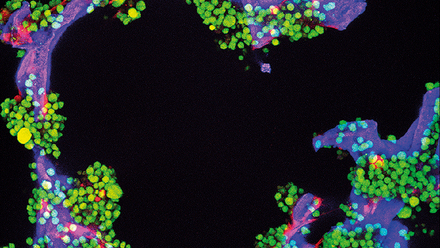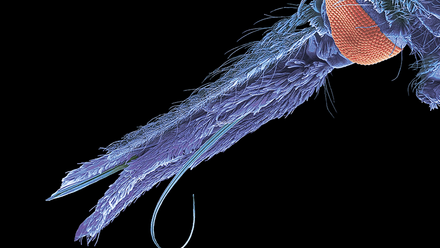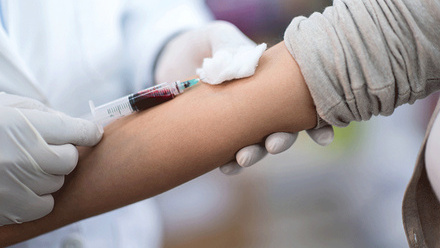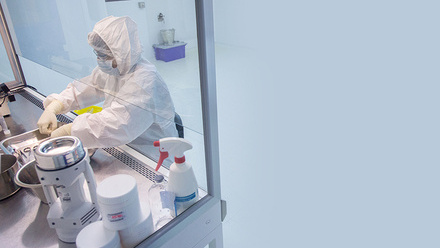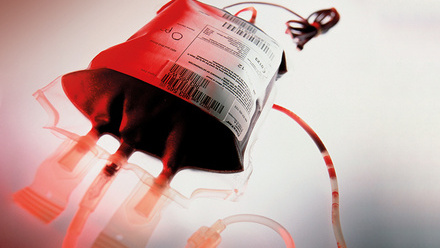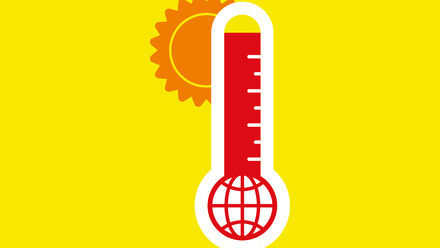My Lab: The Collaborative Laboratory
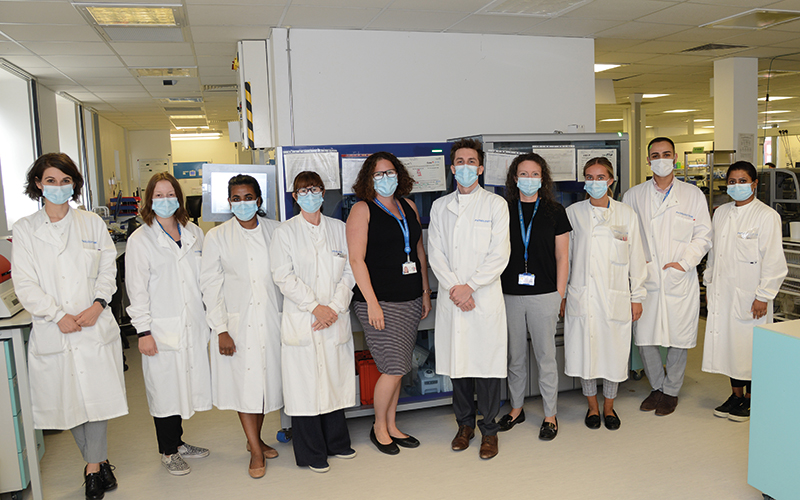
I work at St Helens and Knowsley Teaching Hospitals NHS Trust (STHK), a large acute trust based in Whiston in the North West. In line with regional laboratory amalgamation initiatives, we form part of the Cheshire and Merseyside Pathology Network, alongside our essential service laboratory at Southport and Ormskirk NHS Trust (SOHT). Collaboratively, we provide an assortment of haematology, coagulation and transfusion services to inpatients, regional clinics, and surrounding GP practices.
Our department is fully equipped with an array of biotechnologies in addition to our manual serological expertise. These include Sysmex XN-9000, CS-5100, Interliner, AutoCompact and Grifols Erytra and Erytra Eflexis auto-analysers. These are integrated via Telepath LIMS and mediated through EPU and EVM middleware, respectively. We are the first in the UK to adopt the CellaVision DC-1 – an exciting and innovative means of reviewing blood films across our collaborative inter-laboratory network.
In terms of performance, we provide 37,000 group and screens, 10,000 RBC units and 800 platelet packs to our patient population per annum. We regularly participate in serological assessment schemes, including UKNEQAS BTLP and WASPS, with further in-house competency assessments.
Our haematology laboratories fulfil more than 900,000 requests annually, consisting of approximately 100,000 routine coagulation screens, 720,000 FBCs, with roughly 15% of these reflexed for further morphological assessment.
We offer on-site thrombophilia, lupus and haemophilia investigations as part of our expanding specialist coagulation repertoire. We also support the national antenatal screening programme for thalassaemia and sickle syndromes. Our high-quality diagnostic service is enhanced by continuous – and comparative – high performance in UK NEQAS schemes, and further successes in maintaining UKAS accreditation under ISO 15189:2012 - heralded “one of the best laboratories in the country” in January 2020.
For me, the major aspect that sets STHK and SOHT aside from other regional laboratories is our close collaboration with other allied healthcare professions and services. We are home to specialist coagulation nurses, clinical scientists, medical staff, transfusion practitioners, point-of-care teams, managerial and quality personnel. These relationships are invaluable in terms of professional development, networking, and quality improvement opportunities.
Recent examples from my experience include active participation at a midwifery training day to provide an overview of transfusion services in the context of anti-D prophylaxis, BSH guidelines and SHOT statistics. Secondly, clinical audits targeting the reduction of unnecessary RBC transfusions to patients with proven haematinic deficiencies, and contributing to the evaluation of an ambulatory anaemia pathway – this will be presented at the virtual BSH conference later this year. Thirdly, we are in the process of introducing remote issue of blood and blood products at Ormskirk Hospital incorporating the digitisation of batch product traceability using Blood Track software.
For those desiring something more tangible, we have a large proportion of individuals enrolled on a variety of vocational courses provided by the IBMS and BBTS and others studying at master’s level within regional universities. The shared strategic vision at STHK is that everybody has a role to play in providing high-quality diagnostic services within the larger context of providing “five-star patient care” and this sentimentality resonates throughout the laboratory.

